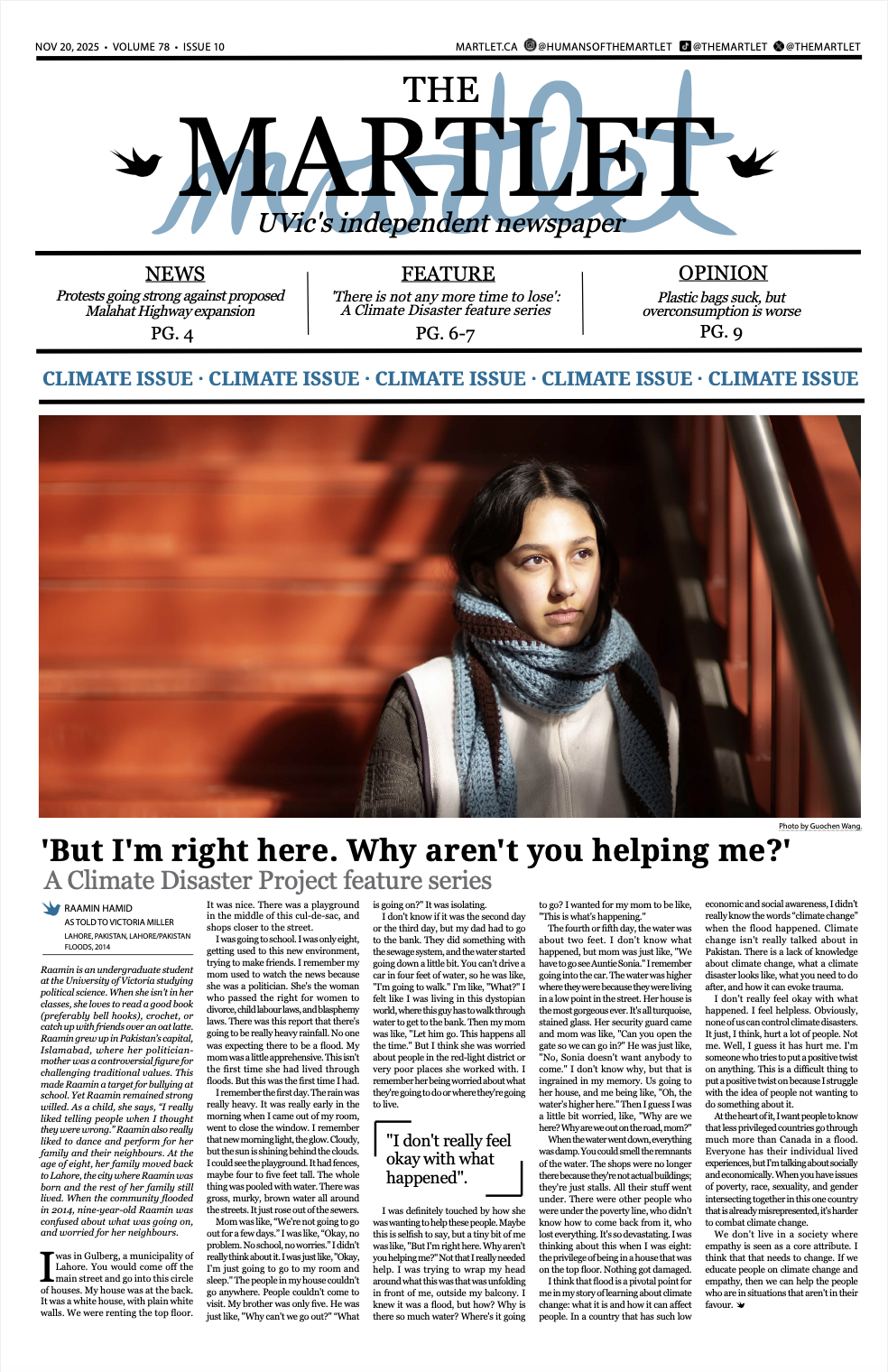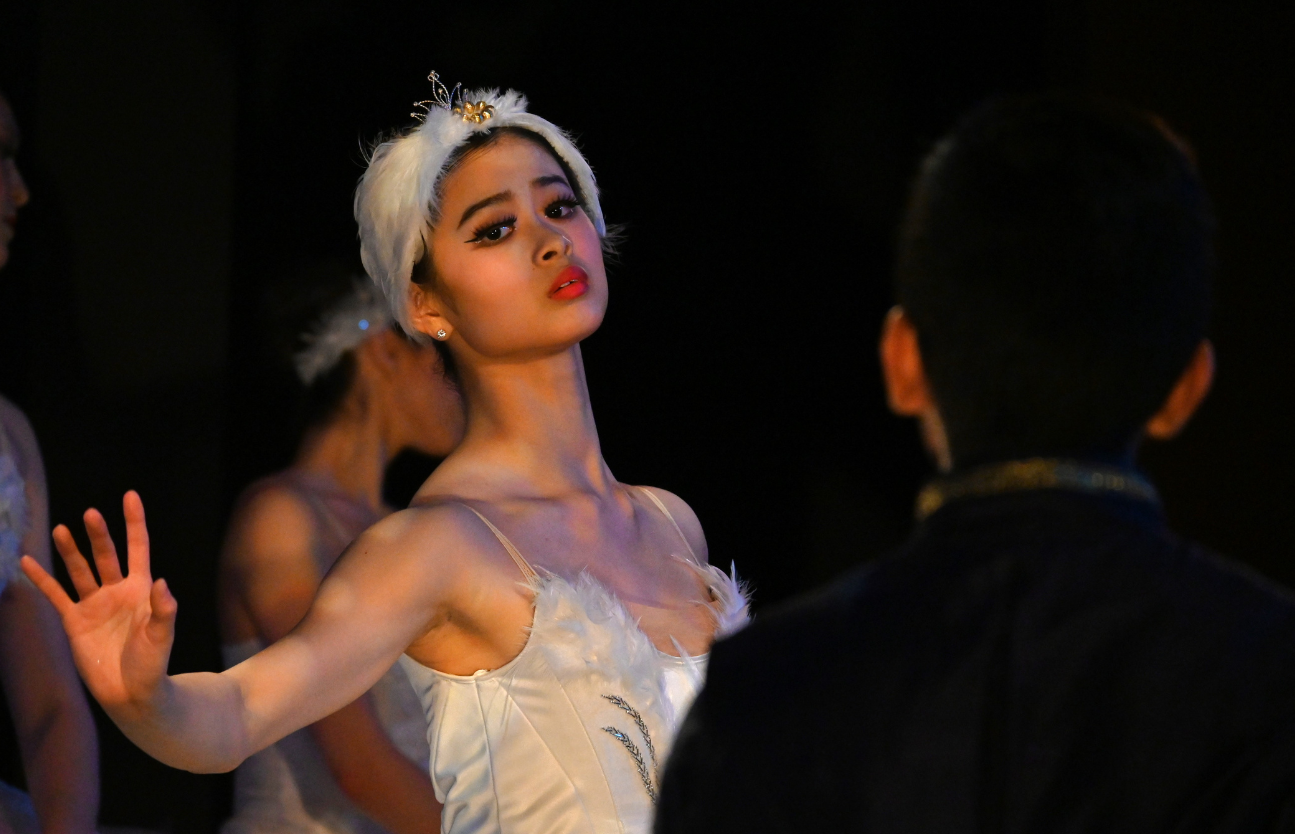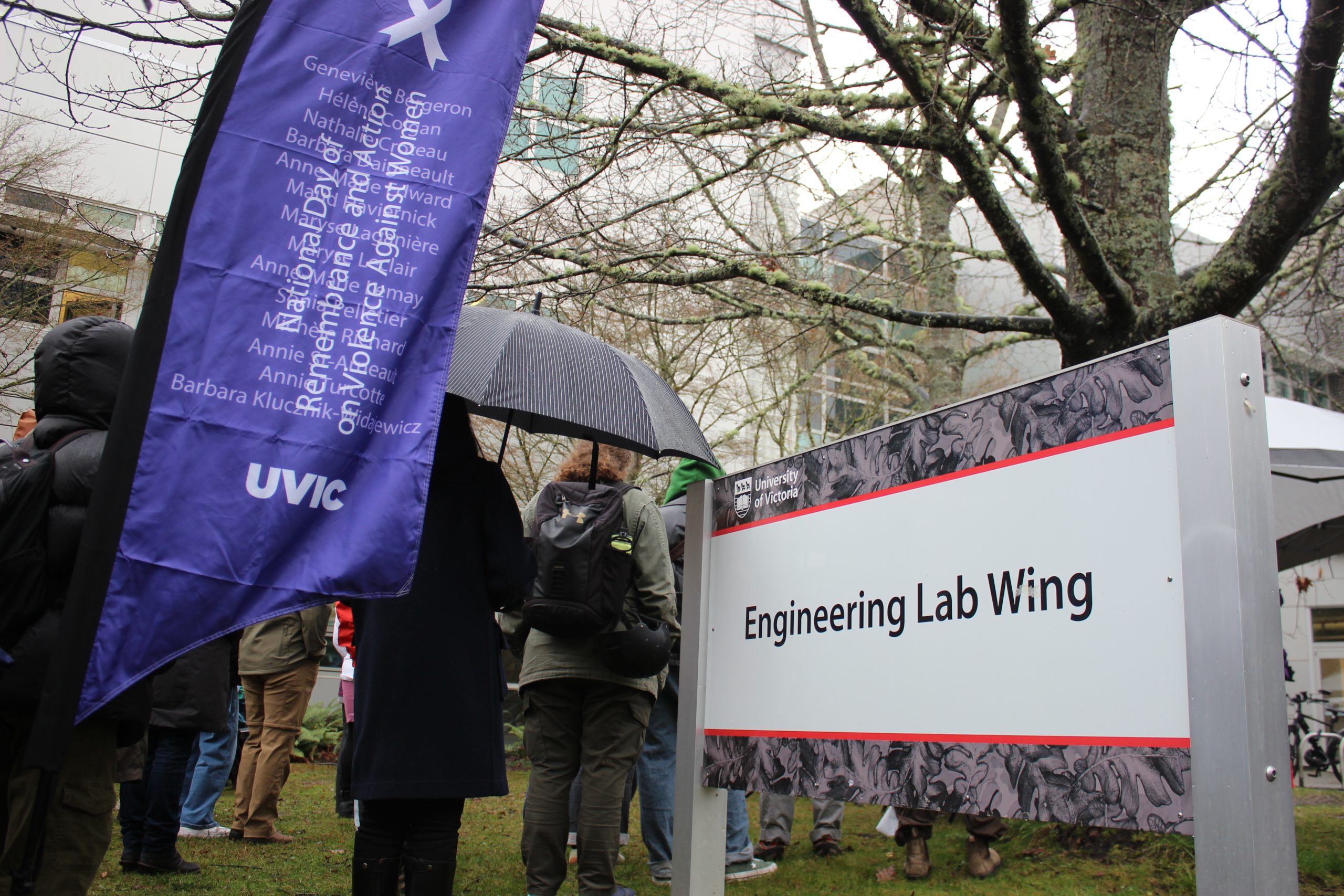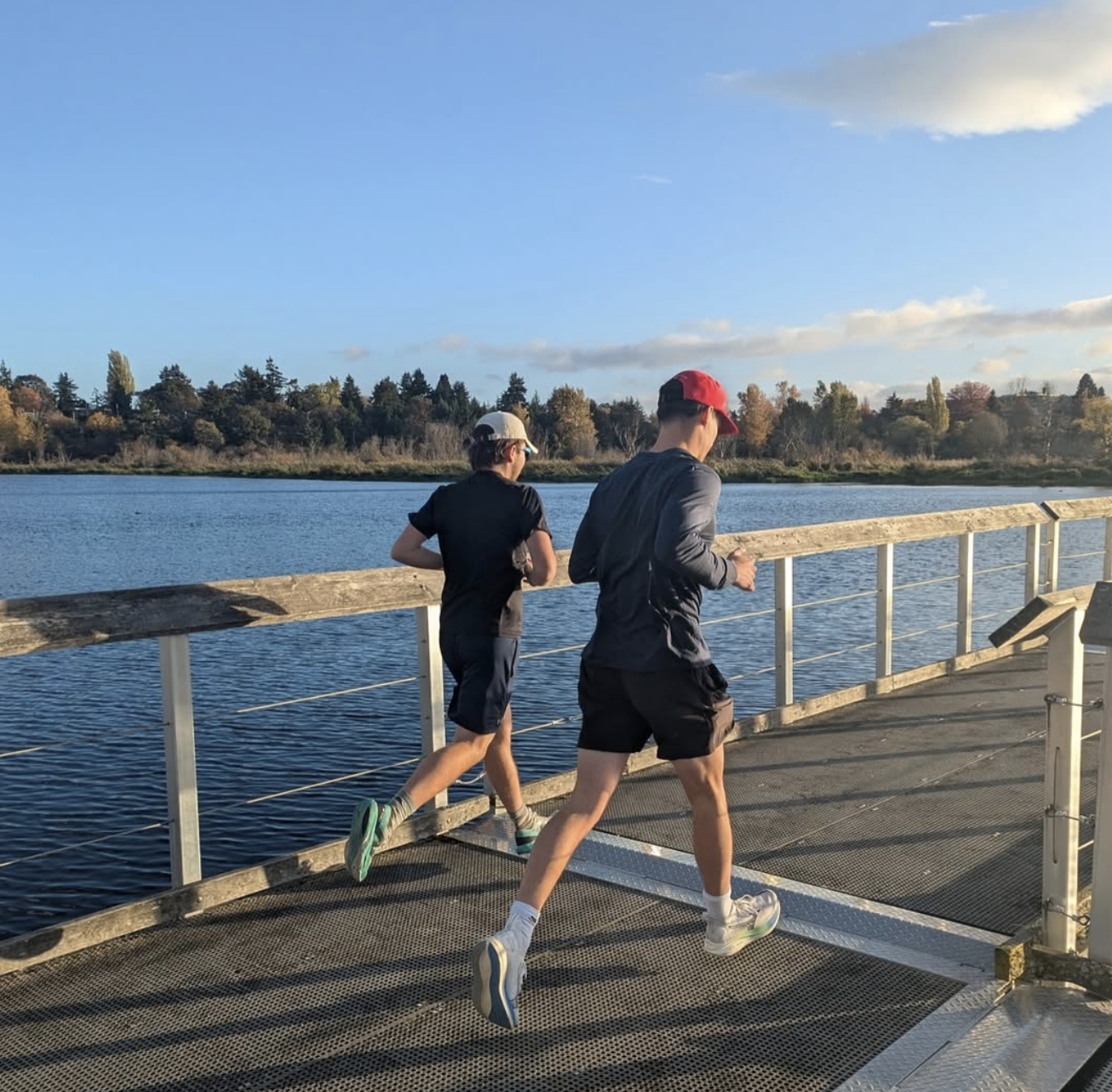How do coral reef food webs impact conservation efforts? Who are the brave new wordsmiths guiding the future of Canadian literature? And what is the social power of video games?
From Mar. 7–12, IdeaFest will attempt to address these questions, among many, many more.
IdeaFest is an annual festival of UVic research, art, and innovation, with last year’s event bringing in over 4 500 audience members and participants from the UVic campus and the surrounding Victoria community.
This year’s festival will incorporate 50 events, 13 of which focus solely on student research. However, says Tara Todesco, IdeaFest Coordinator, the majority of events have incorporated student involvement to some degree.
One of the events within IdeaFest that celebrates student research and achievement are the Jamie Cassels Undergraduate Research Awards (JCURA).
In the fall, over 100 student researchers were accepted into the JCURA program, through which they received funding, guidance, and the support of a faculty supervisor to pursue their individual projects. Their final projects will be presented during IdeaFest at the JCURA Fair on Mar. 9 from 11:30 am – 3:00pm.
“It is very cool. It’s cooler than you’d think,” Todesco said. “[The Michele Pujol Room, the Upper Lounge, and the hallway] are full — it’s over 100 young, keen researchers, and all of the ones whom I’ve spoken to are genuinely passionate and excited about having been a part of their research project. And in so many cases . . . it’s obviously transformational — it has changed the way they look at not only school but also their future in terms of what they want to do.”
“It’s pretty awesome,” she added. “And really diverse . . . it’s such a breath of fresh air.”
Cameron Dallas is in his fifth year of a Mechanical Engineering and Physics degree. His research involves creating a small wind turbine, which will be an experimental platform for testing other new technologies in the energy industry. He has been working in tandem with both his professor and a former grad student to build upon previous research.
For Dallas, what set the JCURA experience apart was the amount of effort that went into planning and establishing additional services for participants, including seminars on how to create an appropriate title and how to pitch your research to someone in a different field.
“There are people who have put a lot of thought into how to teach you to talk about your research and present and how to be part of a scientific community,” Dallas said.
“I haven’t really thought about what I would change or do differently — it’s more like I’m going through this and being amazed.”
Brett Koenig, a fourth-year Sociology and Gender Studies student, is examining the trajectories towards street involvement among non-heterosexual youth in Victoria. His project aims to bridge the divide between academia and activism, and to facilitate a better understanding of the street population involved.
For Koenig, the JCURA acted as an extension of his honours thesis, which made the overall process easier for him than what pursuing a separate project probably would have been. And while the JCURA deadline is much earlier than that of his thesis, which makes sticking to the timeline a bit challenging, Koenig found that being a JCURA participant has led to increased respect from professors.
“I’ve been really interested in seeing what the other JCURA people are doing because I think there are so many other really cool projects out there that are so different than mine.”
Kelsey Legault, who is in her third year of Computer Science and Visual Arts, similarly emphasized the value of support from her faculty supervisor. Legault’s research examines the relationship between art and design, and how users interact with web and app design: she is creating a web app that takes in user data from Twitter and outputs it through a different interface — one that is responsive to what the user is saying. For example, she says, if a user tweets “I am feeling very sad,” images corresponding to sadness (such as the colour blue) will appear on the screen.
“This whole experience has been very exploratory,” Legault said. “And because it has been so exploratory, I’ve discovered a lot of things I’m really passionate about, which is probably the best kind of education you can hope for: having the freedom and time to do what you really want to figure out and solve.”
“It was a really good experience,” she added.
Dallas, Koenig, and Legault would all recommend JCURA to their fellow students. Their advice for those considering the award? Start planning as early as possible.
“I think I’m lucky in the case that I already knew what type of project I was going to do before I applied, and I was lucky that it was a continuation of my honours project,” Dallas said. “I think that would have been the most difficult part: figuring out what you want to do.”
By thinking about possible projects and contacting professors before the application process opens, Dallas says, students are able to have fruitful conversations with professors and thus define their project and goals before starting their research. That way, he says, you won’t risk losing time if you have to change direction part way through.
Above all else, don’t be afraid to apply.
“If you have an idea for research at UVic, there’s definitely a way you can make that fit,” said Koenig. “There are so many resources here and so many great profs and faculty who are doing really great things and who are willing to supervise undergraduate students in this capacity, so just try it out.”
IdeaFest will run Mar. 7–12, 2016 in venues on-campus and off. For more information, visit uvic.ca/ideafest.








